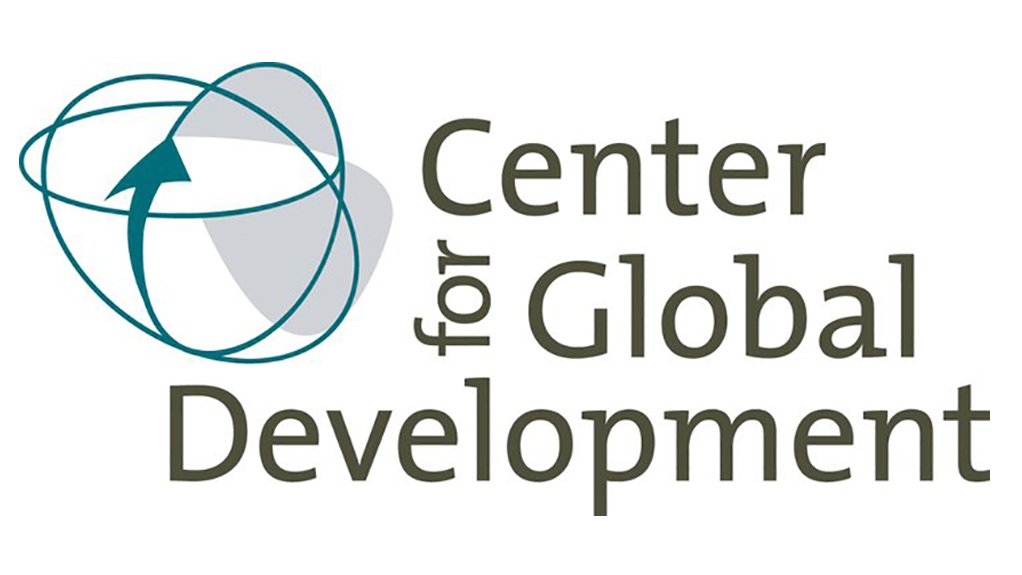- Transparency at Development Finance Institutions: Moving to Better Practice0.17 MB
Development finance institutions (DFIs) suggest that transparency is important to their development impact, and many aim to be in a leadership position on reporting about their work.[1] The Multilateral Development Bank Principles to Support Sustainable Private Sector Operations note that “MDB private sector operations should seek to promote adherence to high standards of conduct in their clients” including around transparency. A particular priority is “[e]nsuring that subsidies are transparent, ”[2] something also highlighted in the OECD Tri Hita Karana Roadmap for Blended Finance.
That said, actual practice on transparency varies significantly between DFIs, with different institutions more transparent in different areas. For example, and ahead of the norm, CDC and OPIC have demonstrated it is possible to regularly publish information on sub-investments while the IFC publishes subsidy estimates for blended finance projects. But no DFI publishes all of the information that could and should be provided. Todd Moss, Ben Leo, and Jared Kalow identified five standards of DFI transparency: an annual list of all projects or investments; data availability for at least five years; detailed investment- or project-level information; data on the projected and ex post impact of the project; and data available through a user-friendly, machine-readable database. None of the DFIs they examined in 2016 had more than three out of five. ODI’s Attridge and Engen note that there is “a clear disconnect between high-level political commitments to transparency and accountability and operational policies and rules.”
Report by the Centre for Global Development
EMAIL THIS ARTICLE SAVE THIS ARTICLE ARTICLE ENQUIRY
To subscribe email subscriptions@creamermedia.co.za or click here
To advertise email advertising@creamermedia.co.za or click here











